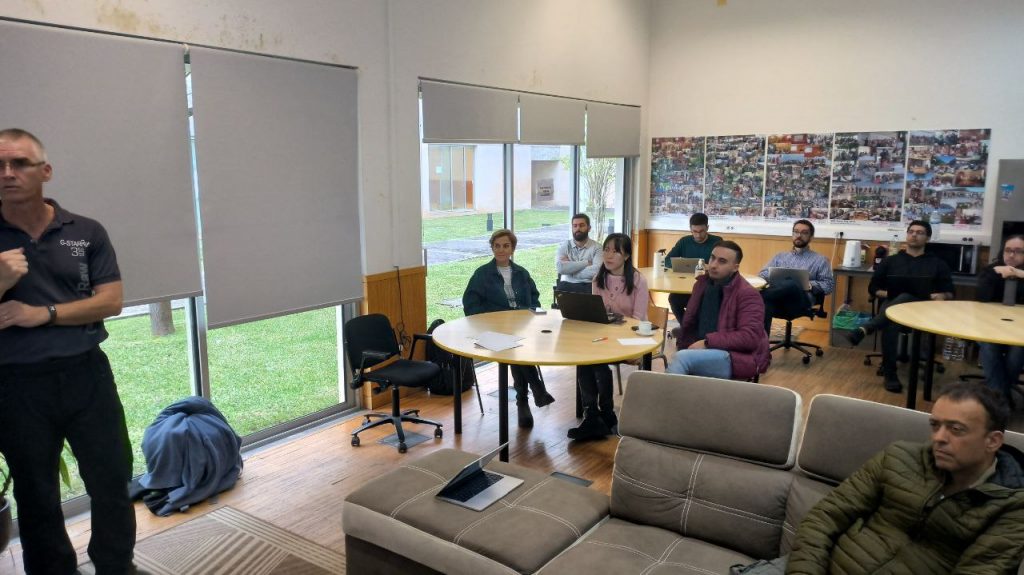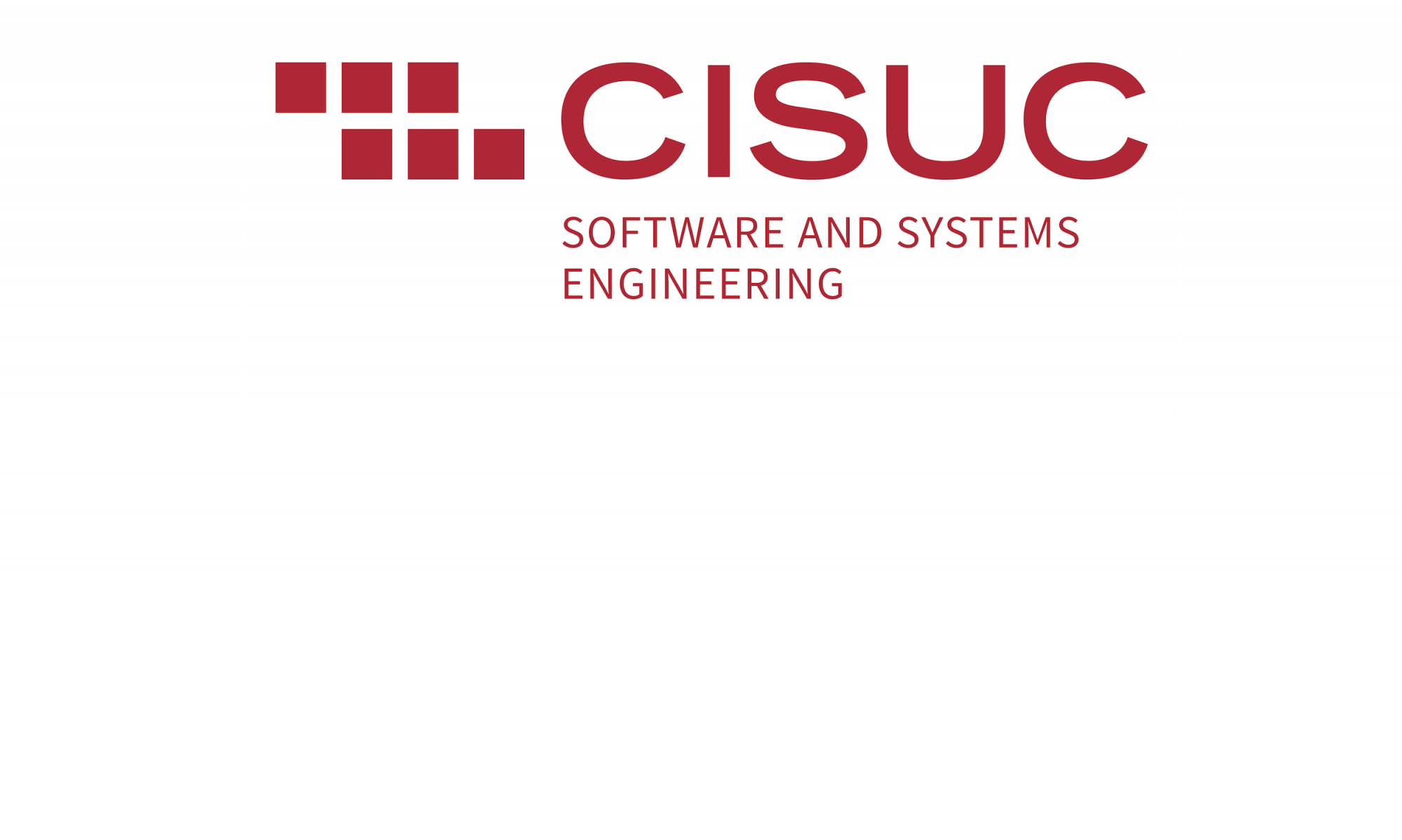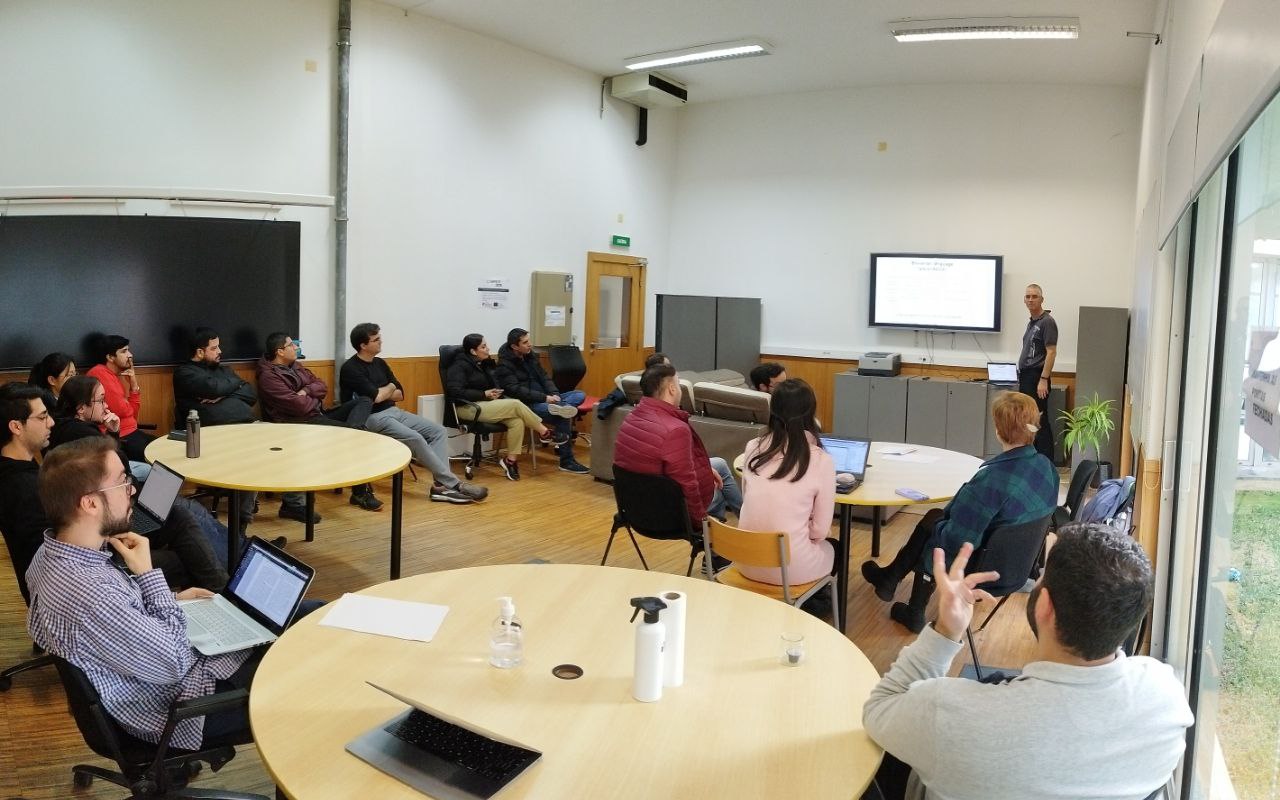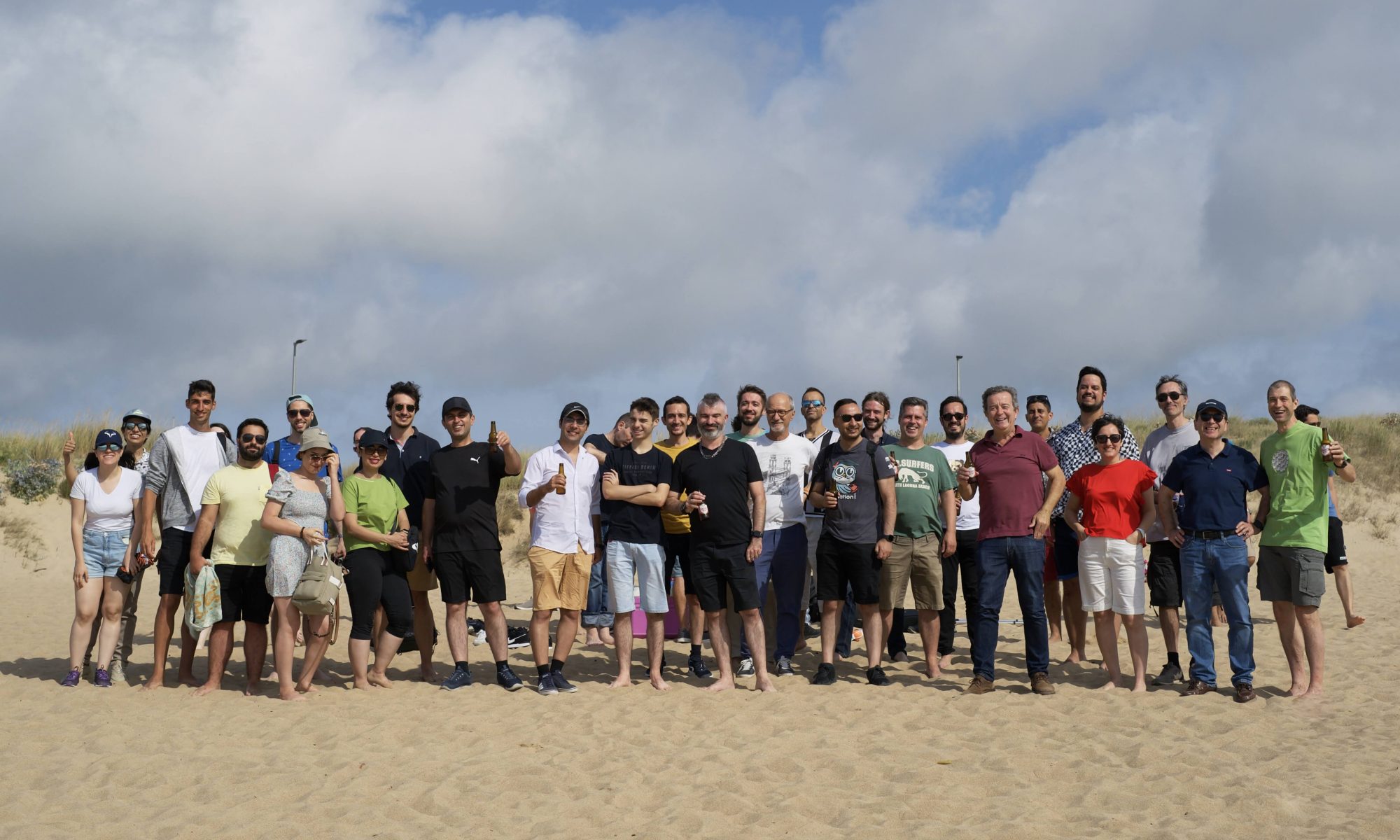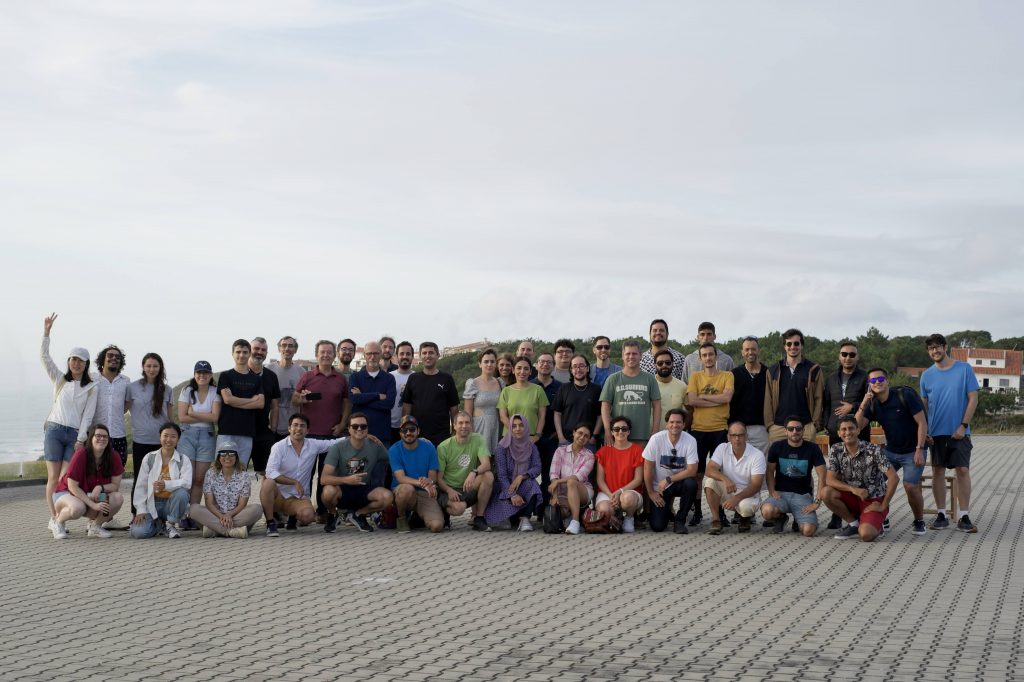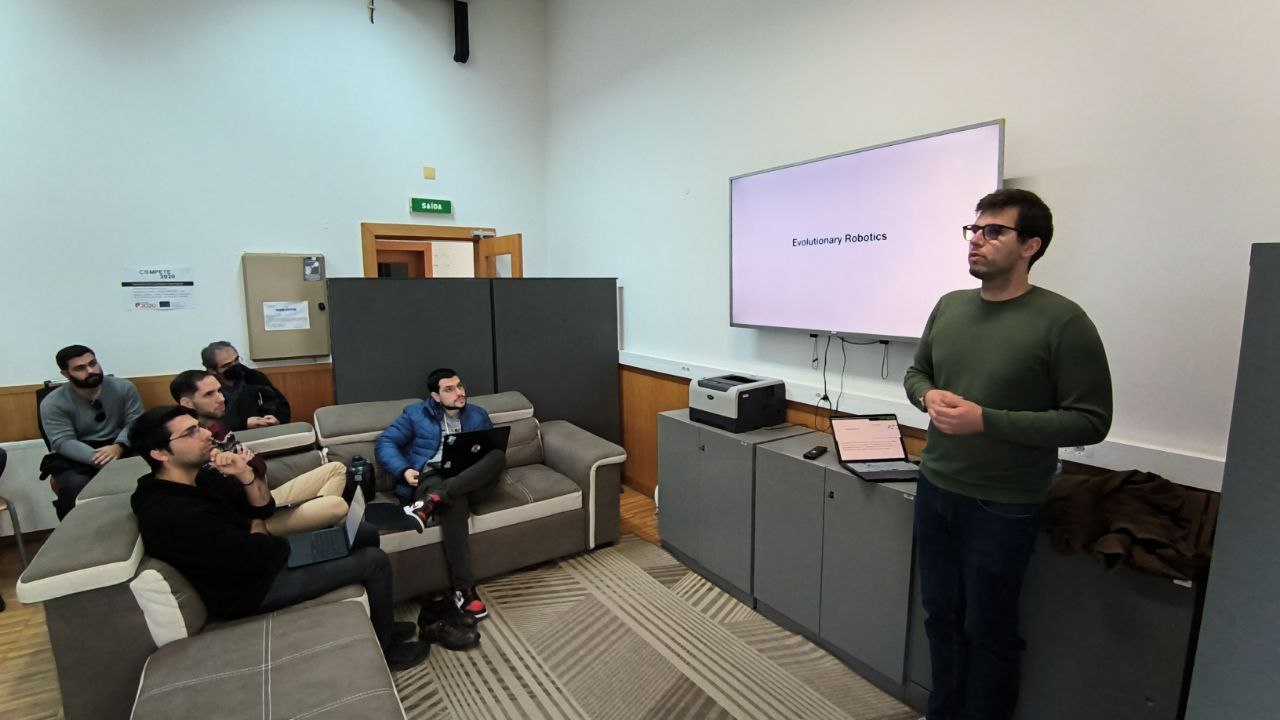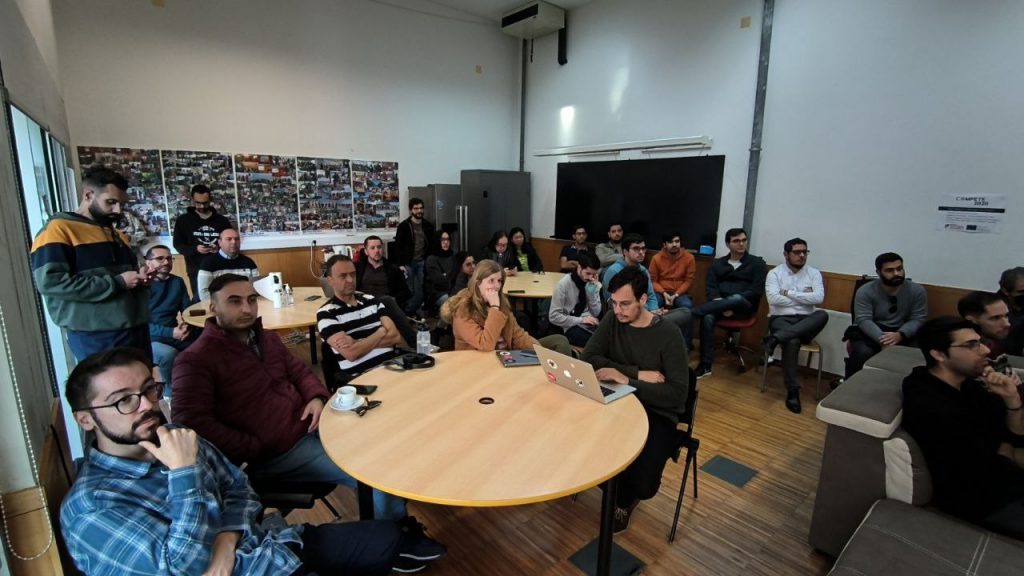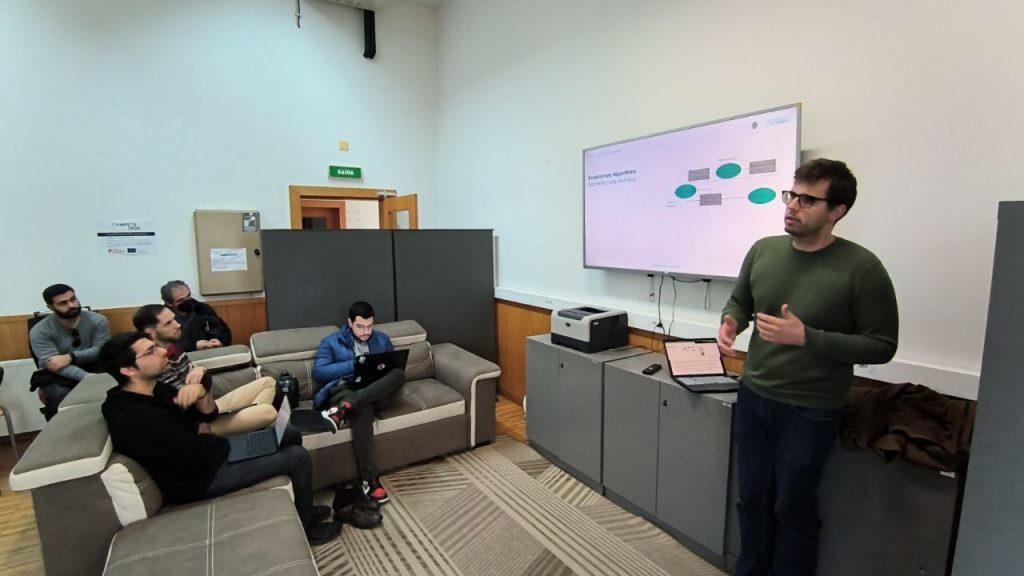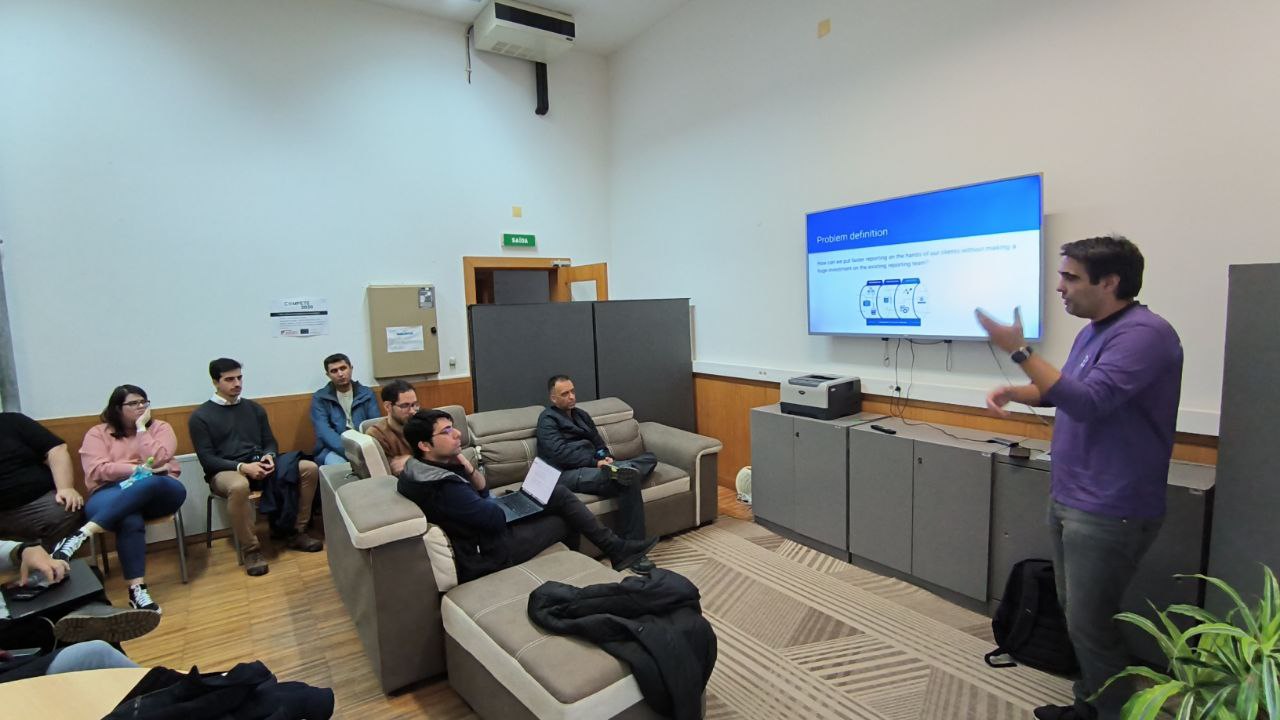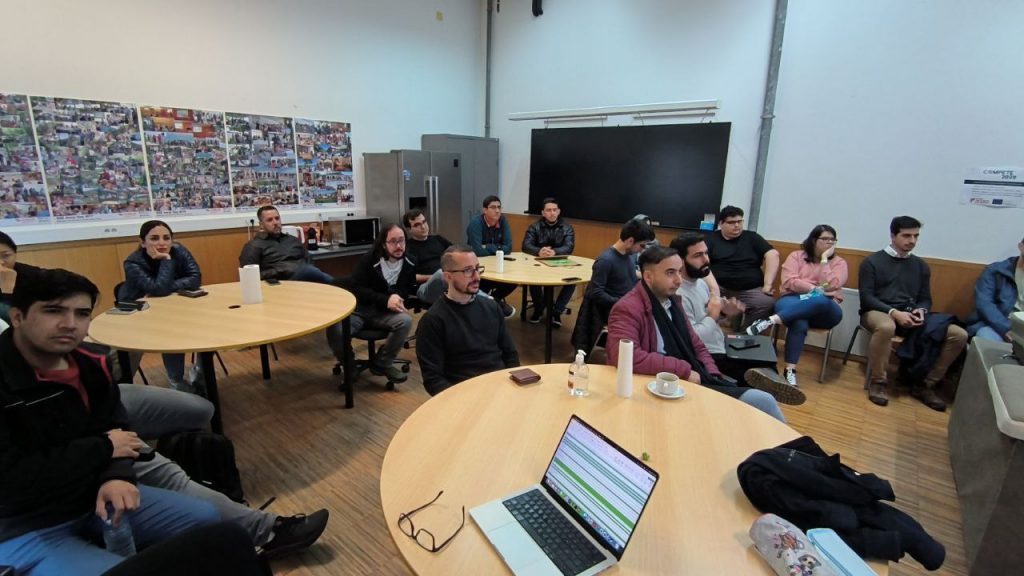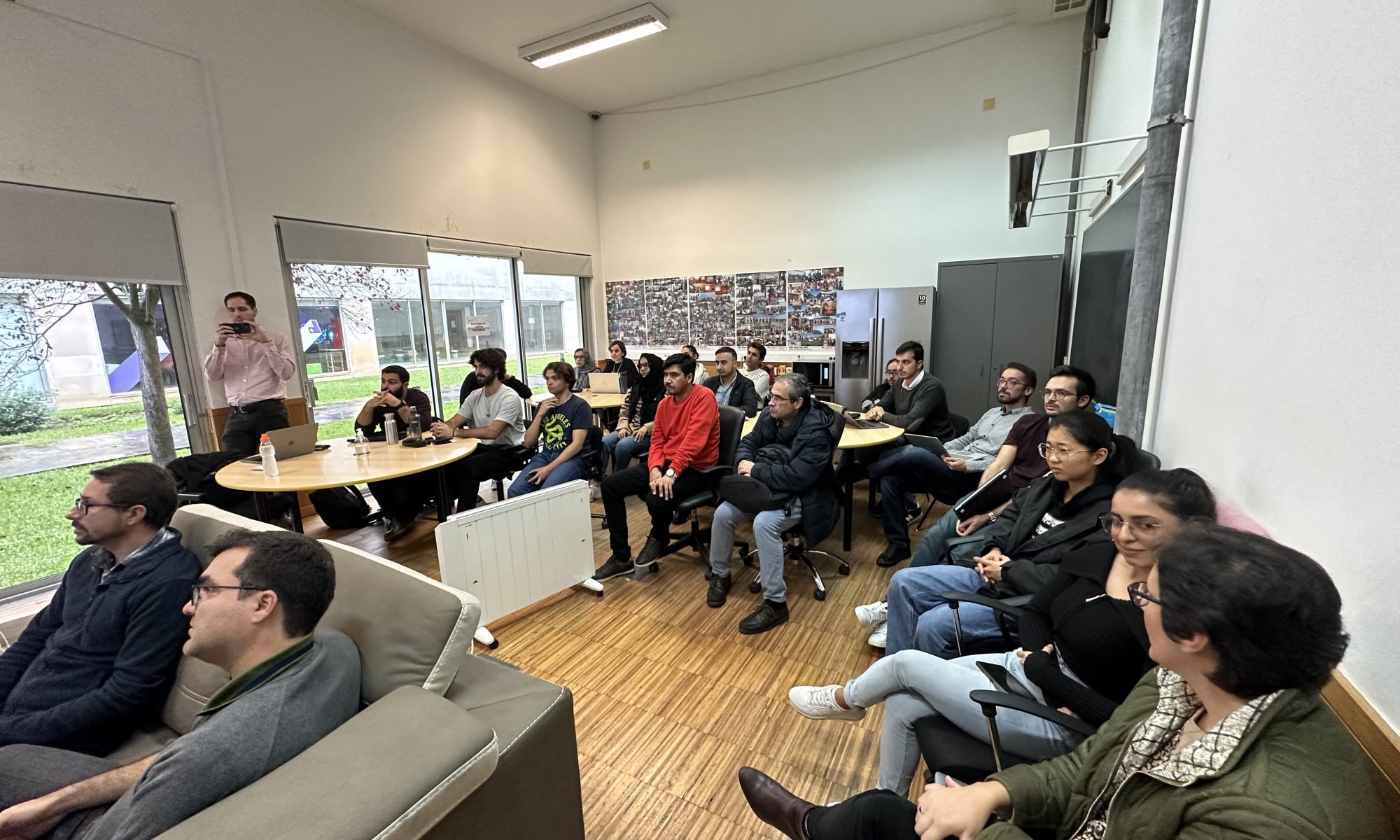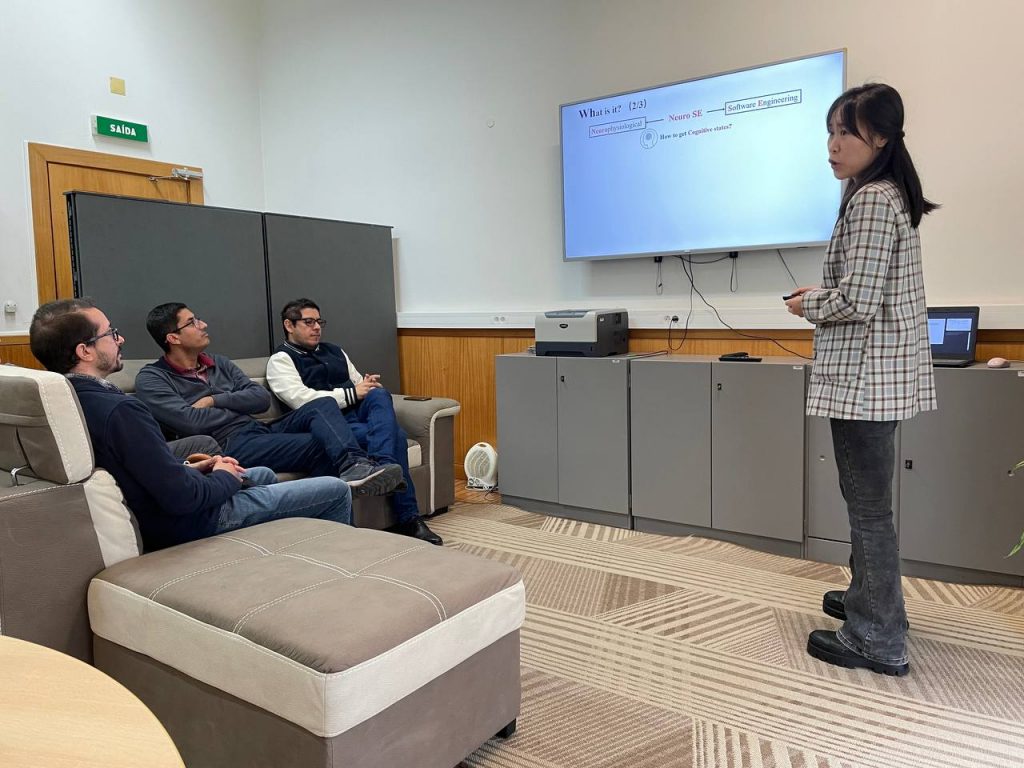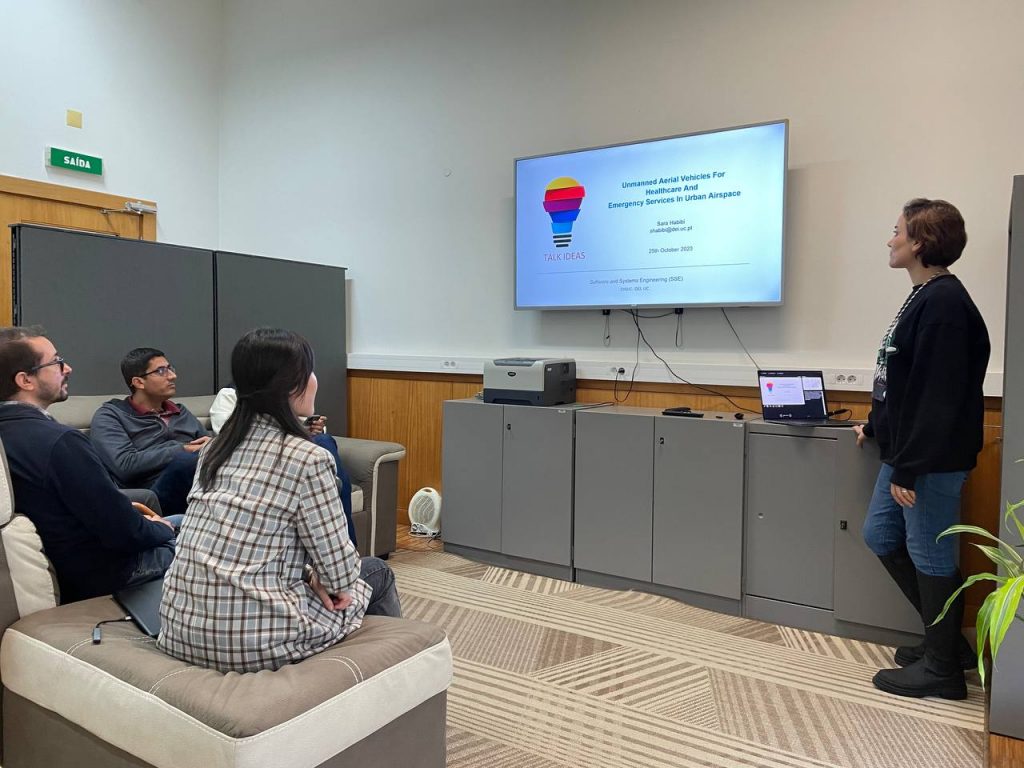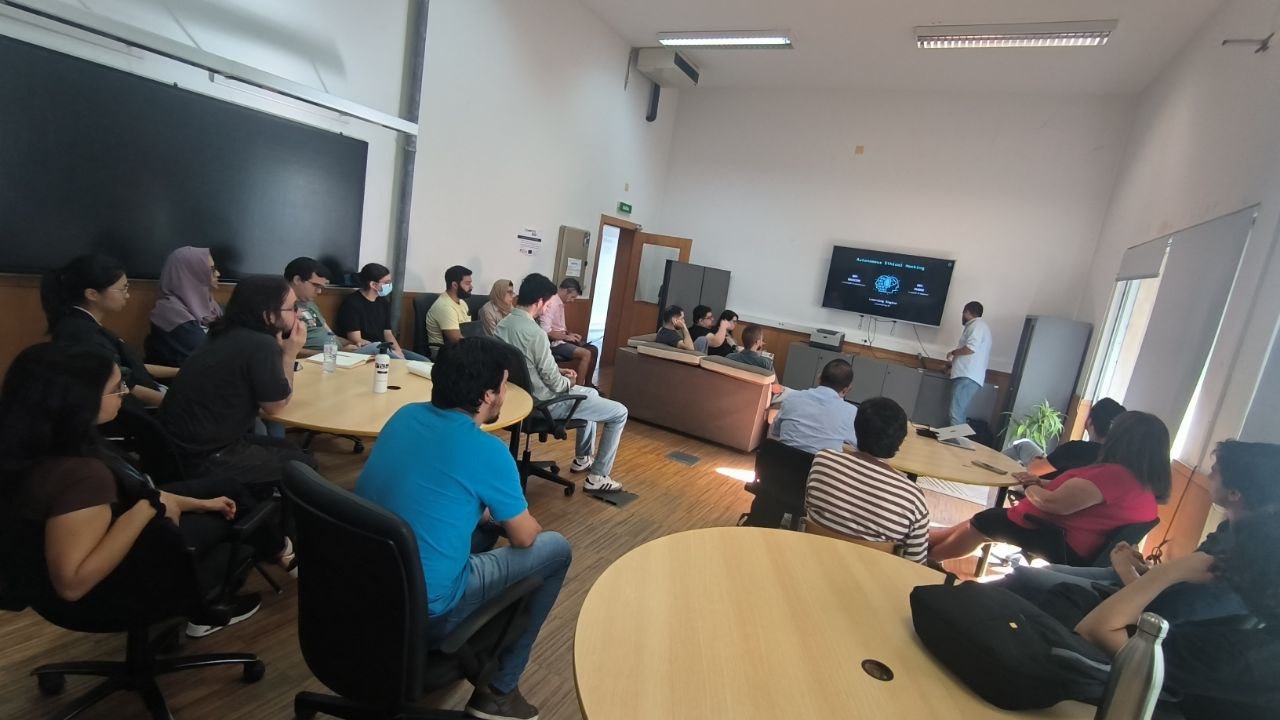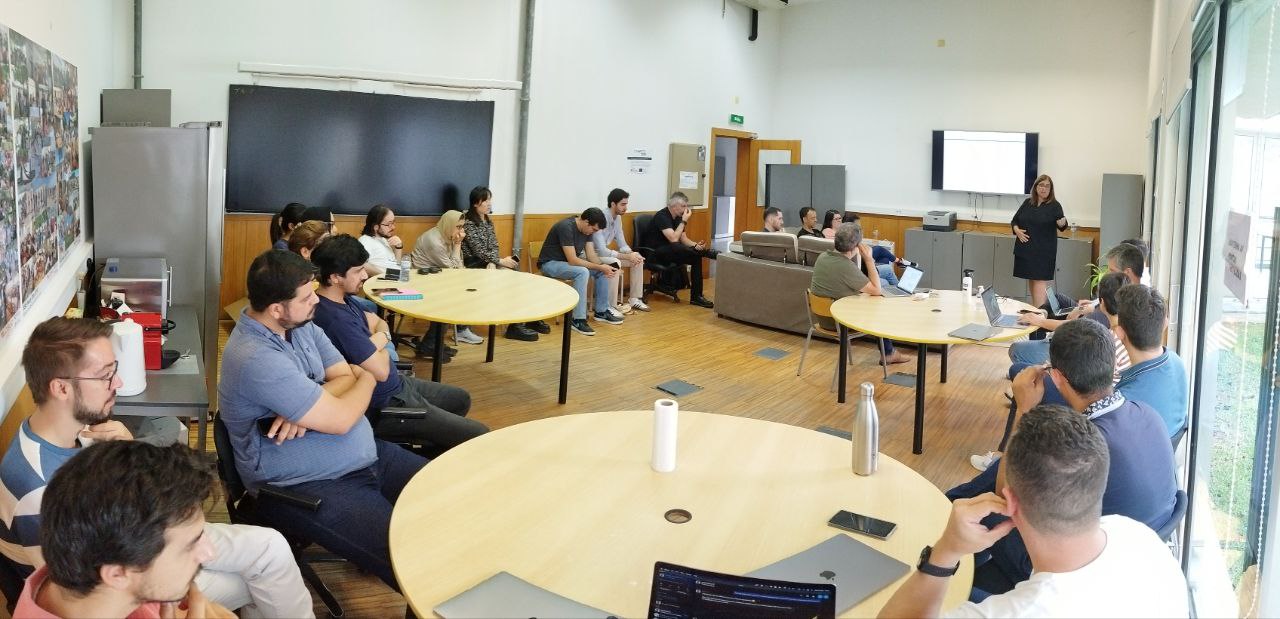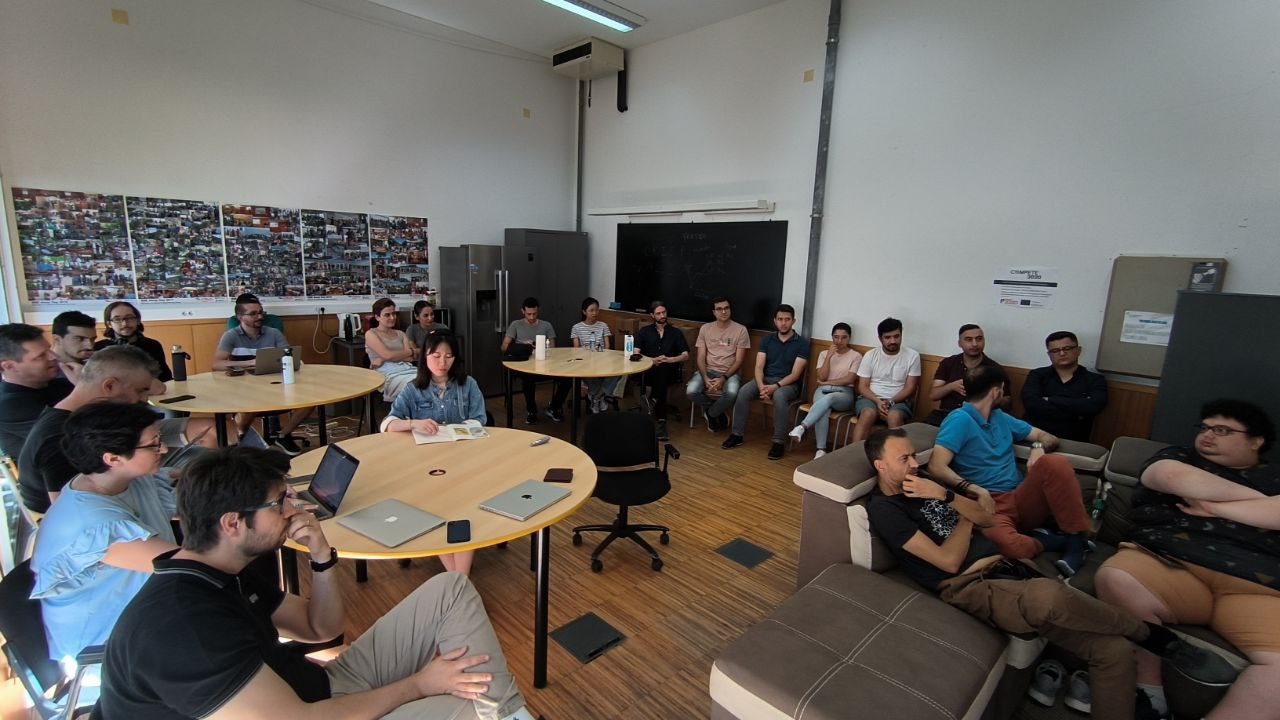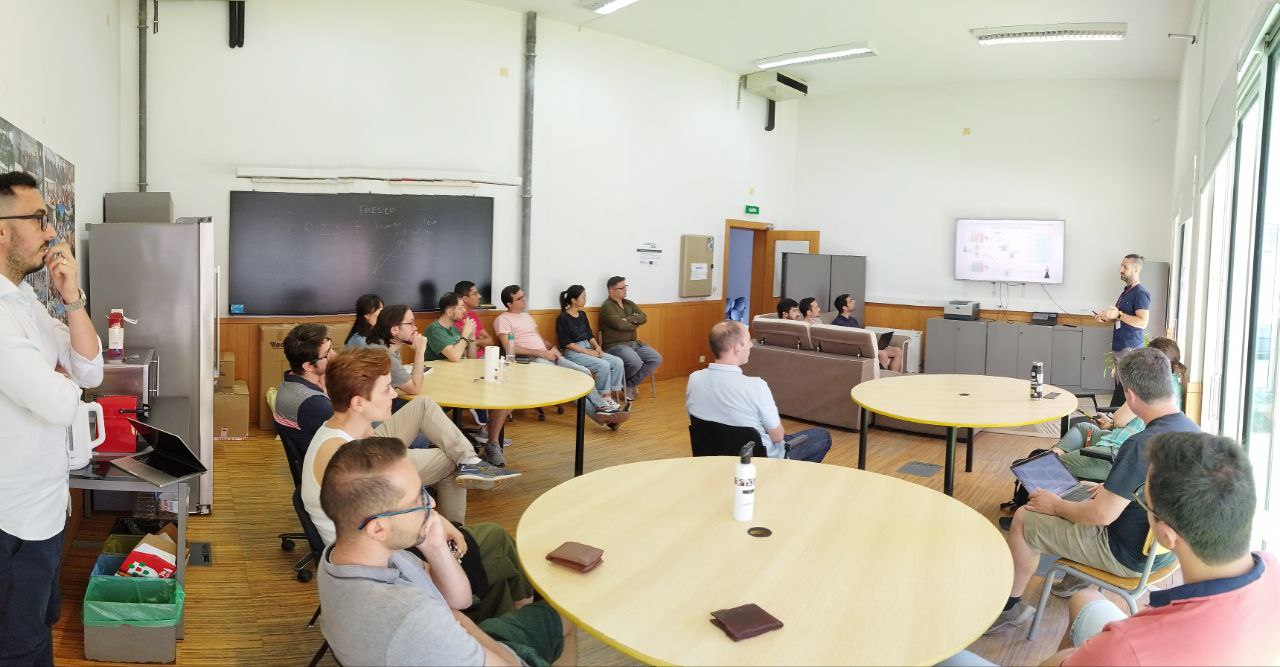6th of December at 16h00, we will have an extra session. Tomaz Aljaz will give a presentation entitled“Managing IT Projects: Strategies and Tools for Achieving Business Goals”
Location: G4.1
Bio
Tomaž Aljaž is having over 22 years of professional experience in Information & Telecommunication industry. He is employed in Spar Slovenija where is managing IT projects with a particular focus on improving performance of the project team, establishing, and maintaining an optimal use of resources and reducing the operational risks. He is also a faculty member of the Faculty of Industrial Engineering Novo mesto, Slovenia. His past experiences are related to the R&D environment where he worked as a Resource, Project, Product and Solution manager. He has published several papers on the information technology and telecommunication area, resource management, project management and process improvements using Theory of the Constraints methodology. He is a holder of a Ph.D. degree in Electrical Engineering received from the Faculty of Electro Engineering and Computer Science of Maribor and has completed courses in Constraint Management at the Washington State University, USA. For over 11 years he has been teaching at a graduate and postgraduate level the topics related to performance improvement of organizations, project management, information technology and telecommunication. In 2018 and 2019 he was granted a Certified Scrum Master (CSM) and Certified Scrum Product Owner (CSPO) certificate and in 2014 a Jonah certificate, by the Theory Of Constraints International Certification Organization (TOCICO).
Abstract
In today’s competitive business environment, it is essential for organizations to be able to manage IT projects effectively. IT projects can be complex and challenging, but by following the right strategies and using the right tools, organizations can increase their chances of success.This presentation will discuss the key elements of successful IT project management, including:- Project planning: Setting clear goals and objectives, identifying, and assessing risks, and developing a realistic schedule and budget.- Project execution: Tracking progress, managing resources, and communicating with stakeholders.- Project monitoring and control: Identifying and addressing potential problems early on and adjusting the plan as needed.
The presentation will also delve into real-world case studies and practical examples to illustrate the application of effective IT project management strategies. This presentation is designed for anyone involved in managing IT projects or seeking to enhance their IT project management skills.
““In projects, like in production, the key is to understand the interconnection between logistics, human behavior, policies and measurements. Any attempt to separate between them guarantees that only sophisticated, impressive, useless methods are the results of mammoth efforts.”
